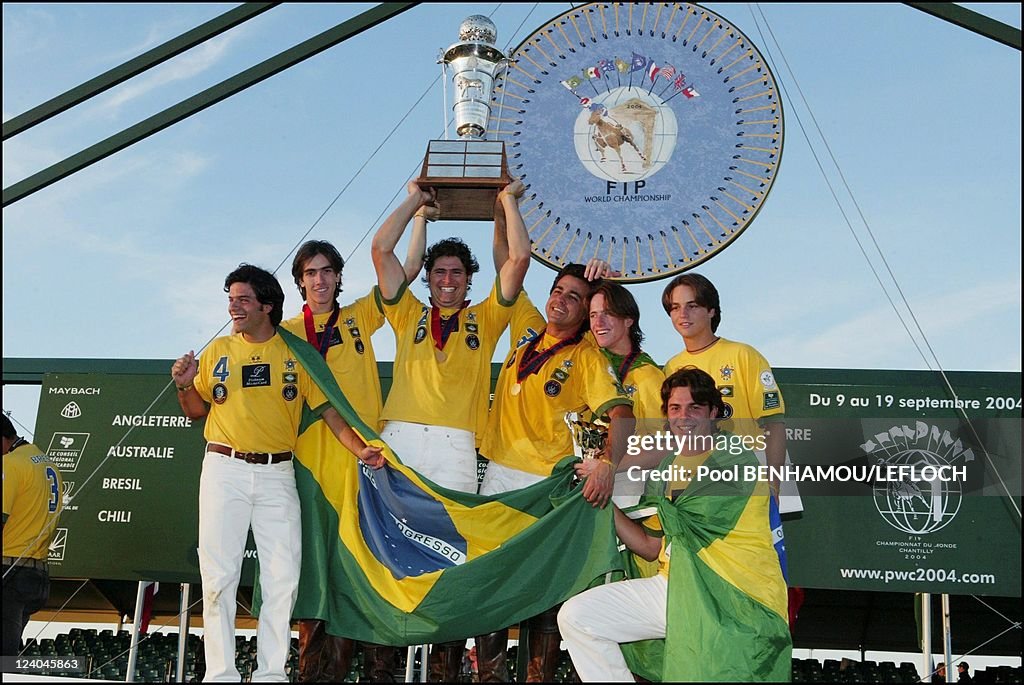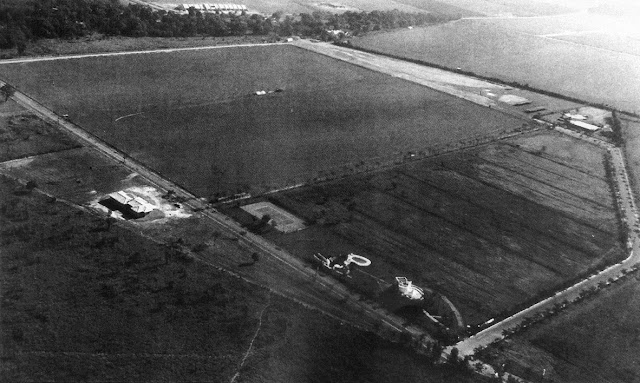After securing its independence, Brazil assumed the debts of Portugal to the British Empire. Brazil, being lush with natural resources, decided to work with Britain to create railways to transport Brazil’s many exports. This connection not only brought Brazil out of debt and into good standings with Britain, but it also introduced the sport of polo to Sao Paulo. After English engineers initially introduced the sport to Brazil, polo quickly spread along the south of Brazil to the many local farmers already in contact with Argentinians and Uruguayans who were already passionate about the sport.

Through these combined influences, a surplus of horses, and open fields, polo flourished in Brazil. Today, Sao Paulo is still the most popular area for polo and an amazing location for one of the most well known polo clubs in Brazil: the Helvetia Polo Club.

Today, the Helvetia Polo Club is still the epicenter of polo in Brazil, but it has grown exponentially since its inauguration to include eleven polo fields with an additional 20 privately owned fields. With this region of polo, the Helvetia Polo Club is capable of hosting more than 200 players throughout the season for some of the country’s most historic tournaments. However, beyond this success within Brazil, the country has also had great success on the international stage.
International Polo

In 1995, Brazil attended the FIP World Polo Championship in St. Moritz, Switzerland. After many intense matches during the tournament, Brazil made it to the finals against the notorious Argentina team. The final was an unexpectedly heated and close match, but Brazil was victorious with a final score of eleven to ten. After this victory, Brazil continued to have great success in the tournament with a second place finish in 1998 and two more first place finishes in 2001 and 2004.
The 2001 FIP World Polo Championship was held in Melbourne, Australia. The host team met Brazil in the final match. In another thrilling battle, Brazil defeated Australia by one goal with a final score of ten goals to nine. Brazil followed this victory with a sudden death first place finish at the very next FIP World Polo Championship in Chantilly, France.
Brazil has had historically strong performances in the World Polo Championship with a total of three gold medals, three silver medals, and two bronze. Brazil and Argentina are the only countries to have won eight total medals in the history of the World Polo Championship. With such an outstanding record at the pinnacle of international competition, everyone is excited to see what’s next for polo in Brazil.
Written in collaboration with Lily Brennan
